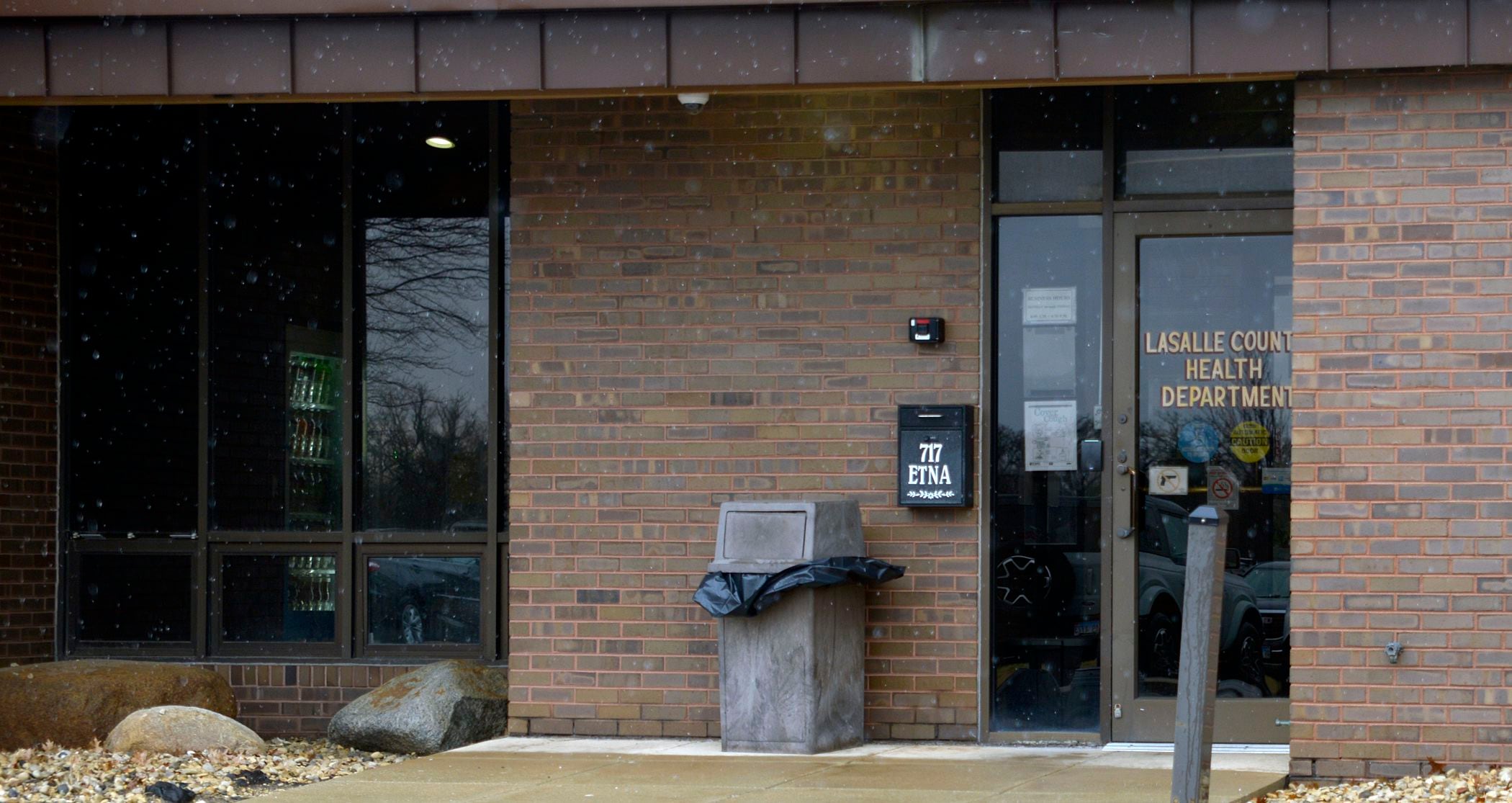A federal judge temporarily blocked the Trump administration on Monday night from using a powerful wartime statute to deport to El Salvador Venezuelan immigrants in Colorado who have been accused of being violent gang members..The lawsuit, brought in US District Court in Colorado by the American Civil Liberties Union, was the third of its kind filed in recent days, joining similar challenges filed last week in Texas and New York.
.Lawyers for the ACLU brought the suit on behalf of two men -- known in court papers only by the their initials, DBU and RMM The men claim they have been wrongly accused by the administration of being members of the Venezuelan gang, Tren de Aragua..

In a later filing, the ACLU appeared to suggest that the administration might be preparing to deport additional migrants in Colorado, also accused of being affiliated with Tren de Aragua..Court papers say that DBU, 32, was arrested Jan 26 at a gathering that federal drug and immigration agents have repeatedly described as a Tren de Aragua party.
After his arrest, the papers say, he denied being a member of the gang and has not been charged with any crime..Federal agents arrested RMM, 25, last month after they saw him standing with three other Hispanic men near their vehicles outside a residence in Colorado that was under surveillance as part of an investigation into Tren de Aragua, court papers said.
.RMM has claimed that he had nothing to do with the gang and had gone to the location with friends "to meet a prospective buyer for his vehicle at a public meeting," the papers said..
El Salvador's leader says he won't return wrongly deported Maryland man.President Donald Trump's efforts to use the Alien Enemies Act to deport scores of Venezuelan immigrants have set off one of the most contentious legal battles of his second term. It began last month, after the president invoked the act, which has been used only three times since it was passed in 1798, to authorize the deportation of people he claimed were members of Tren de Aragua.
.The ACLU immediately began fighting Trump's use of the act, which the administration has already employed to deport more than 100 Venezuelan immigrants to the CECOT megaprison in El Salvador, known for its human rights violations..
The initial challenge by the ACLU was brought in Washington, where a federal judge, James Boasberg, issued an order to temporarily stop the deportation flights to El Salvador. Boasberg expressed concern that the immigrants who fell subject to Trump's proclamation had no way to contest whether they were gang members in the first place..
A federal appeals court in Washington subsequently agreed with him, finding that, at this early stage, it appeared unlikely that the Alien Enemies Act could be applied as Trump was trying to use it..Then last week, the Supreme Court weighed in, ruling that immigrants subject to deportation under the act needed to be given notice before being removed from the country so that they could challenge the process in court.
But those challenges, the justices said, were required to be made in the places where the immigrants were being held..That prompted the ACLU to scramble to locate any Venezuelans who might be subject to Trump's proclamation.
They have so far located immigrants in Texas, New York and Colorado and the lawsuits filed on their behalf were temporary measures meant to keep them in the country until the underlying legal questions involving the administration's use of the Alien Enemies Act were resolved..
Top

Judge pauses Trump's use of Alien Enemies Act to deport Venezuelans in Colorado

Judge Pauses Trump's Use of Alien Enemies Act to Deport Venezuelans in Colorado











